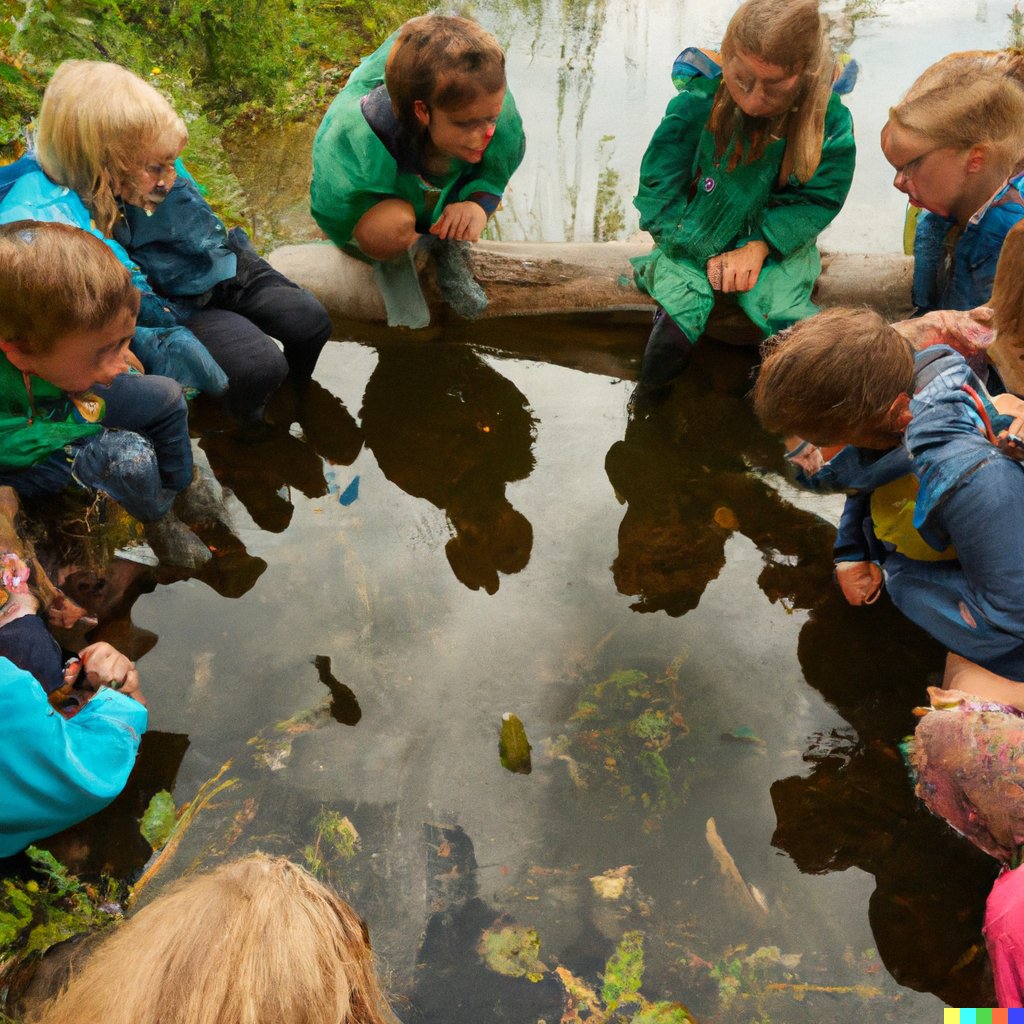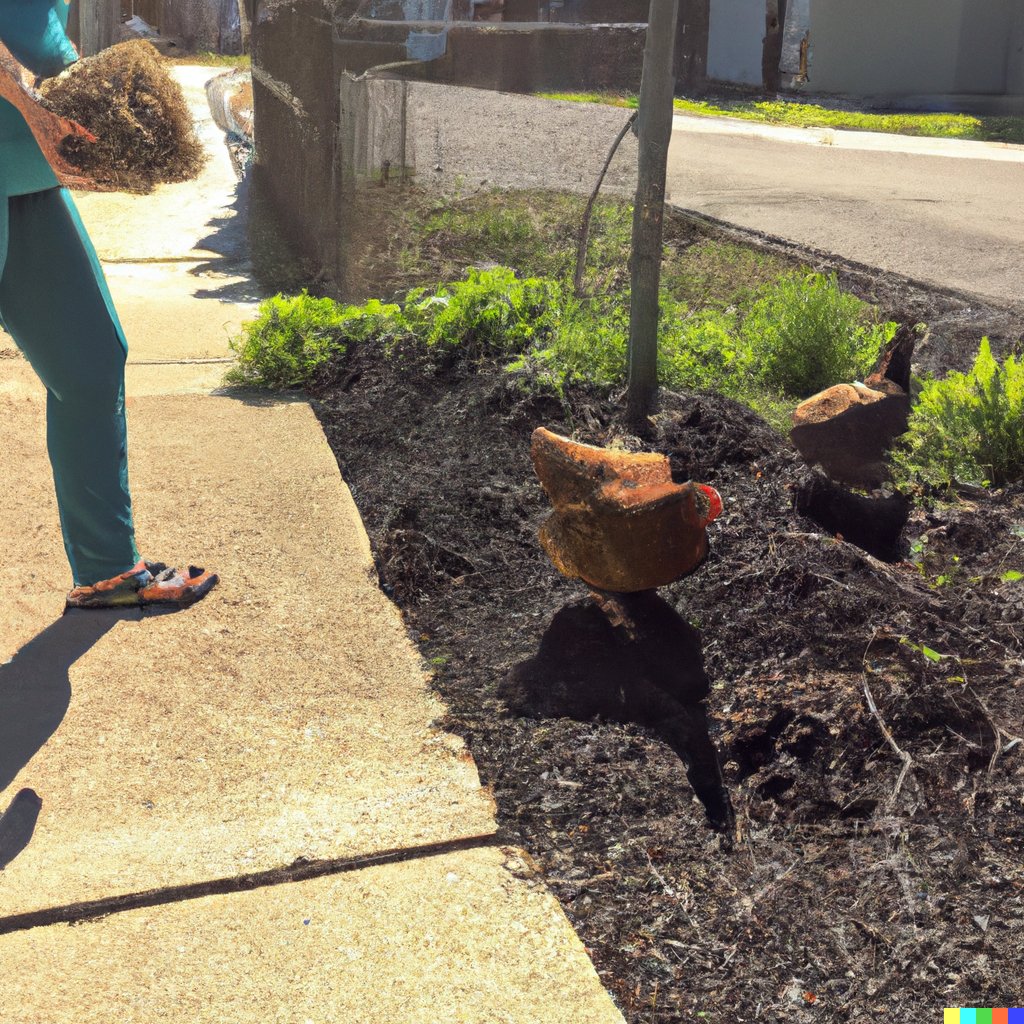
In an era where information is abundant yet often overwhelming, parents are becoming increasingly concerned about the future their children will inherit. This article delves deep into the essence of a climate change book that addresses these concerns, offering insights into the environment, sustainability, and health.
Significance Risk of the Future:
Climate change isn't just a buzzword—it's a reality that will shape our children's futures. For those passionate about the environment, sustainability, and health, a well-chosen climate change book can serve as a beacon of understanding.
The Interconnection of Climate Change, Sustainability, and Health
Understanding the Nexus:
Climate change doesn't stand alone; it's intricately linked to our sustainability efforts and, ultimately, our health. Rising temperatures, for instance, may exacerbate health issues for us such as heat-related illnesses and worsen air quality, leading to respiratory problems and strokes in older people. This is also affecting plants which worsen the situation drastically.
Immediate Implications:
As you read this, changing weather patterns are already influencing our food security, water availability, and air quality. These changes directly impact our environment and, in turn, our mental and physical well-being. The damage is irreversible if we wait any longer!
The Importance of Educating Our Children
Early Awareness:
Books like "The Tantrum That Saved The World" by Megan Herbert and Michael E. Mann introduce children to climate change through engaging narratives. Understanding these realities early on will empower them to be more conscious adults.
*As an Amazon Associate, I earn commission from qualifying purchases made through links in this post.*
- The Tantrum That Saved the World -https://amzn.to/40t3LUt
Shaping Future Stewards:
By being well-informed, children can champion for the environment and health. They become proactive agents of change, leading community initiatives or simply making sustainable choices in their daily lives.
Key Themes Covered in the Climate Change Book
Foundational Knowledge:
A good climate change book, such as "Climate Changed: A Personal Journey through the Science" by Philippe Squarzoni, breaks down the science of global warming, greenhouse gas emissions, and their implications.
- Climate Changed: A Personal Journey through the Science - https://amzn.to/4e9Qdk3
Sustainable Solutions:
Books like "Drawdown" by Paul Hawken offer a plethora of eco-friendly practices, from renewable energy to sustainable agriculture, that can mitigate climate change's impacts.
- Drawdown: The Most Comprehensive Plan Ever Proposed to Reverse Global Warming -https://amzn.to/4erxBfH
Health Implications:
By diving into titles like "Changing Planet, Changing Health" by Paul R. Epstein and Dan Ferber, readers can explore how climate change directly and indirectly affects individual and public health, from the spread of infectious diseases to mental health challenges.
- Changing Planet, Changing Health: How the Climate Crisis Threatens Our Health and What We Can Do about It - https://amzn.to/4hsAakc
Unique Features of the Book
Child-Centric Approach:
Books such as "The Watcher" by Jeanette Winter are tailored for younger readers, with vivid illustrations and relatable stories that simplify complex climate concepts.
- The Watcher: Jane Goodall's Life with the Chimps - https://amzn.to/3UyQS7I
Interactive Elements:
Interactive climate change books often incorporate diagrams, quizzes, and activities. For instance, "The Magic School Bus and the Climate Challenge" by Joanna Cole and Bruce Degen captivates young readers with fun experiments and visual aids.
- The Magic School Bus and the Climate Challenge - https://amzn.to/3YQbUBq
Real-life Case Studies:
"An Inconvenient Truth" by Al Gore, for example, merges scientific data with personal anecdotes, giving readers a holistic view of climate change's real-world implications.
- An Inconvenient Truth: The Crisis of Global Warming - https://amzn.to/3YMFTdg
How Parents Can Use the Book to Engage with Their Children
Reading Sessions:
Transform your reading time into an enlightening family activity. Dive deep into stories, discuss characters, and relate the scenarios to real-life situations.
Practical Activities:
Many climate change books offer actionable tips. For instance, after reading "Zero Waste Kids" by Robin Greenfield families can embark on a waste-reduction challenge.
- Zero Waste Kids: Hands-On Projects and Activities to Reduce, Reuse, and Recycle -https://amzn.to/3YKqxWJ
Open Discussions:
Prompt your children to express their thoughts about the environment. Their unique perspectives, hopes, and fears can lead to meaningful family conversations and actions. It helps them make the right decisions in the future.
Additional Resources and Recommendations
Further Reading:
Books like "The Sixth Extinction" by Elizabeth Kolbert or "This Changes Everything" by Naomi Klein can offer deeper insights for older kids and adults.
- The Sixth Extinction: An Unnatural History - https://amzn.to/4e9ReZo
- This Changes Everything: Capitalism vs. the Climate - https://amzn.to/3Ux2Aj2
Online Platforms:
Websites like NASA's Climate Kids or apps like "EcoChallenge" can complement the knowledge from the book, making learning dynamic and interactive.
Unimother's Lazy Approach
Lazy Sustainability addresses the overwhelming feeling that many individuals experience when confronted with the vast challenges of environmental issues. By breaking down sustainability into manageable, effortless steps, the book:
-
Reduces Overwhelm: Many people want to contribute to a sustainable future but don't know where to start. This book provides clear, simple actions that anyone can integrate into their daily routines.
-
Eliminates Guilt: By highlighting easy and achievable steps, readers no longer need to feel guilty about not doing enough or making perfect choices.
-
Empowers the Individual: It emphasizes the significance of individual actions, showing readers that every small step counts and cumulatively can have a massive impact.
-
Bridges Knowledge Gaps: Many are unaware of the myriad ways they can contribute to a healthier planet without significant life alterations. This book educates and provides actionable advice.
-
Facilitates Long-term Change: By focusing on habits that are easy to maintain, it ensures that readers can sustain these practices in the long run, leading to lasting positive impacts.
-
Addresses Parental Concerns: For parents who are anxious about the world their children will inherit, the book offers tangible steps to ensure a healthier environment for future generations.
In essence, "Lazy Sustainability" alleviates the stress and paralysis of wanting to make a difference but feeling too small or uninformed to do so. It shows that sustainability is not just for the ultra-committed or well-informed, but is within everyone's reach.
User Engagement
Comments Section:
We invite you to share your experiences, thoughts, and recommendations on climate change resources. Your insights can enrich the community's understanding.
Share Buttons:
Spread awareness! By sharing this article, you amplify the importance of climate change education and inspire more parents to embark on this enlightening journey with their children.
FAQ: Unanswered Questions About Climate Change Books
1. Why are there so many books on climate change?
With the growing urgency of the climate crisis, many experts, activists, and concerned individuals have taken to the pen to share their insights, research, and perspectives. The multitude of books reflects the complexity and multifaceted nature of the issue.
2. Do all climate change books agree on the causes and solutions?
No. While the scientific consensus is that human activities are the primary driver of recent climate change, books may vary in their emphasis on specific causes, impacts, and solutions. This diversity of viewpoints provides readers with a holistic understanding of the topic.
3. How can I ensure the climate change book I'm reading is scientifically accurate?
Look for books that cite reputable sources, are written by experts in the field, or are recommended by educational institutions or scientific organizations.
4. Are there climate change books suitable for children?
Yes, many authors and publishers recognize the importance of educating younger generations. There are numerous climate change books tailored for children that present the topic in an accessible and often interactive manner.
5. How often should I update my knowledge with new books on the subject?
Climate science is continually evolving as more research is conducted. It's a good idea to read new publications or updated editions every few years to stay informed about the latest findings and recommendations.
6. Can reading a book truly make a difference in the fight against climate change?
Knowledge is power. While reading alone won't solve the crisis, being informed can lead to more sustainable choices, inspire discussions, and drive collective action.
7. Are there climate change books focused solely on solutions?
Yes. While many books discuss the causes and impacts of climate change, there's a growing genre dedicated entirely to solutions, from technological innovations to societal changes.
8. How do climate change books address skeptics or deniers?
Reputable climate change books often present evidence-based arguments, using data, peer-reviewed research, and expert testimonials to address skepticism. Some books are specifically written to debunk myths and misconceptions.
9. Are digital or e-books more environmentally friendly than printed ones?
E-books have a lower carbon footprint per read compared to printed books. However, the environmental impact also depends on factors like the energy source of the e-reader and the sustainability practices of the printing company.
10. How can I take action beyond just reading a book?
Many climate change books include calls to action, guiding readers on steps they can take, from reducing their carbon footprint to advocating for policy changes. Engaging in discussions, joining local environmental groups, and supporting sustainable practices are some ways to contribute.







.jpeg)






